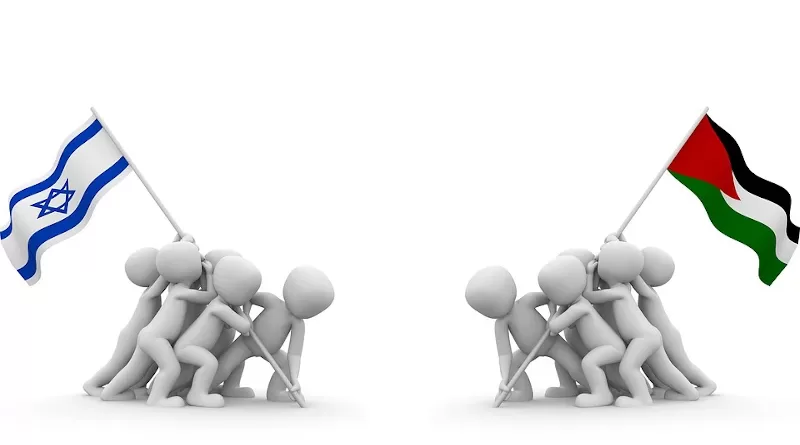Towards A Sustainable Solution For The Gaza-Israel Conflict – OpEd
The Gaza-Israel conflict has been a longstanding issue, marked by violence, loss of life, and immense suffering for both Palestinians and Israelis. It is a complex situation that requires a comprehensive and sustainable solution to bring lasting peace and stability to the region. This article aims to explore potential avenues towards resolving the Gaza-Israel conflict.
1. Negotiations and Dialogue:
Engaging in meaningful negotiations and dialogue is crucial for resolving the conflict. A two-state solution, with an independent and viable Palestinian state alongside Israel, has been widely discussed as a viable option. Resuming direct talks, with the support of the international community, can create a platform for addressing key issues such as borders, settlements, and the status of Jerusalem.
2. International Mediation:
International mediation is essential to facilitate constructive dialogue between the two sides. The United Nations, the European Union, and other regional powers should continue to support negotiations by offering impartial facilitation and ensuring compliance with international law. A peacekeeping mission might be necessary during the transitional period to build trust and maintain security.
3. Economic Development:
Addressing the economic disparities and improving living conditions in Gaza is vital for long-term stability. International donors should invest in infrastructure, education, and healthcare, fostering economic development in the region. A prosperous and self-sufficient Gaza will undoubtedly contribute to the overall peace process.
4. Humanitarian Aid and Reconciliation:
The humanitarian crisis in Gaza requires immediate attention. International organizations and governments should provide humanitarian aid to alleviate the suffering of the population, improve access to basic necessities, and rebuild essential infrastructure. Promoting reconciliation programs that encourage understanding and cooperation between the two communities is also crucial for building trust and fostering peaceful coexistence.
5. Security Measures and Arms Control:
Efforts should be made to enhance security cooperation between Israel and Gaza. Implementing effective measures to prevent the smuggling of weapons and explosives would help reduce the threat posed to Israeli citizens while ensuring the safety and security of Palestinians. A comprehensive arms control agreement would contribute significantly to de-escalating tensions and creating an environment conducive to peace.
6. Regional Collaboration:
Regional cooperation is a key element in reaching a sustainable solution. Arab states can play an essential role in encouraging dialogue, recognizing Israel’s right to exist, and supporting the establishment of a Palestinian state. Building positive relations between Israel and its neighbors would create a favorable environment for resolving the conflict and fostering regional stability.
Resolving the Gaza-Israel conflict requires a holistic approach based on negotiations, dialogue, and international cooperation. Achieving a two-state solution, alongside economic development, humanitarian aid, and regional collaboration, can pave the way for a lasting and sustainable peace. While the path to resolution may seem fraught with challenges, it is crucial to remember that the alternative to peace is continued suffering for all those involved. The time is ripe for a renewed commitment from all parties involved to strive towards a just and equitable solution that ensures security, prosperity, and dignity for both Palestinians and Israelis.

